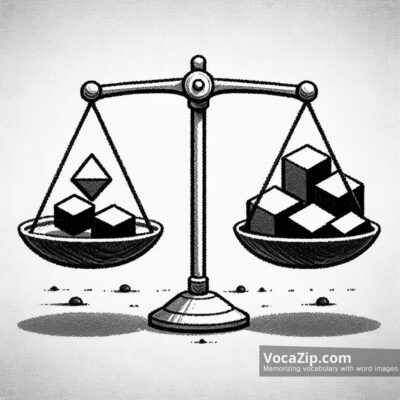sum anlamı
sum :
Toplam, tutar
İsim
▪ The sum of 5 and 10 is 15.
▪ 5 ve 10'un toplamı 15'tir.
▪ She paid a large sum for the car.
▪ Araba için büyük bir tutar ödedi.
paraphrasing
▪ total – toplam
▪ amount – miktar

sum :
Toplamak, özetlemek
Fiil
▪ He summed the expenses quickly.
▪ Harcamaları hızlıca topladı.
▪ Can you sum the results for me?
▪ Sonuçları benim için toplayabilir misin?
paraphrasing
▪ add – eklemek
▪ calculate – hesaplamak
Telaffuz
sum [sʌm]
İsim ve fiil olarak aynı telaffuz edilir, vurgusu ilk hecede olan "sum" şeklinde telaffuz edilir.
"sum" hakkında yaygın ifadeler ve dil bilgisi
"sum" - Genel anlam
İsim
Toplam, tutar
Fiil
Toplamak, özetlemek
"sum" için konuşma türü değişiklikleri
▪ summary (isim) – özet
▪ summation (isim) – toplama, özetleme
"sum" ile yaygın ifadeler
▪ sum up – özetlemek
▪ sum total – toplam tutar
▪ in sum – özetle
TOEIC'teki "sum" ile ilgili önemli örnekler
TOEIC sınavından kelime dağarcığı örnekleri
In TOEIC vocabulary questions, 'sum' is often used to refer to the total amount of money or numbers.
TOEIC sınavından dil bilgisi örnekleri
In grammar questions, 'sum' as a verb is tested in contexts where summarizing or adding is required.
sum
ile ilgili deyimler ve sabit ifadeler TOEIC'teki
'Sum total' is a common idiom meaning the complete amount.
'Sum it up' is an idiomatic expression meaning to summarize something.
Benzer kelimeler ve "sum" arasındaki farklar
sum
,
total
farklılıklar
'Sum' refers to the result of adding numbers, while 'total' can refer to the complete amount or number of something.
sum
,
aggregate
farklılıklar
'Sum' is used for addition, while 'aggregate' refers to a collection or sum of parts.
"sum" ile aynı kökene sahip kelimeler
"sum"'in kökeni
The word 'sum' originates from the Latin word 'summa', meaning 'highest' or 'total'.
Kelime yapısı
'Sum' consists of the root 'sum' meaning 'total'.
Aynı kökene sahip kelimeler
The word's root is 'sum'. Other words sharing this root include 'summit' (zirve) and 'summary' (özet).






